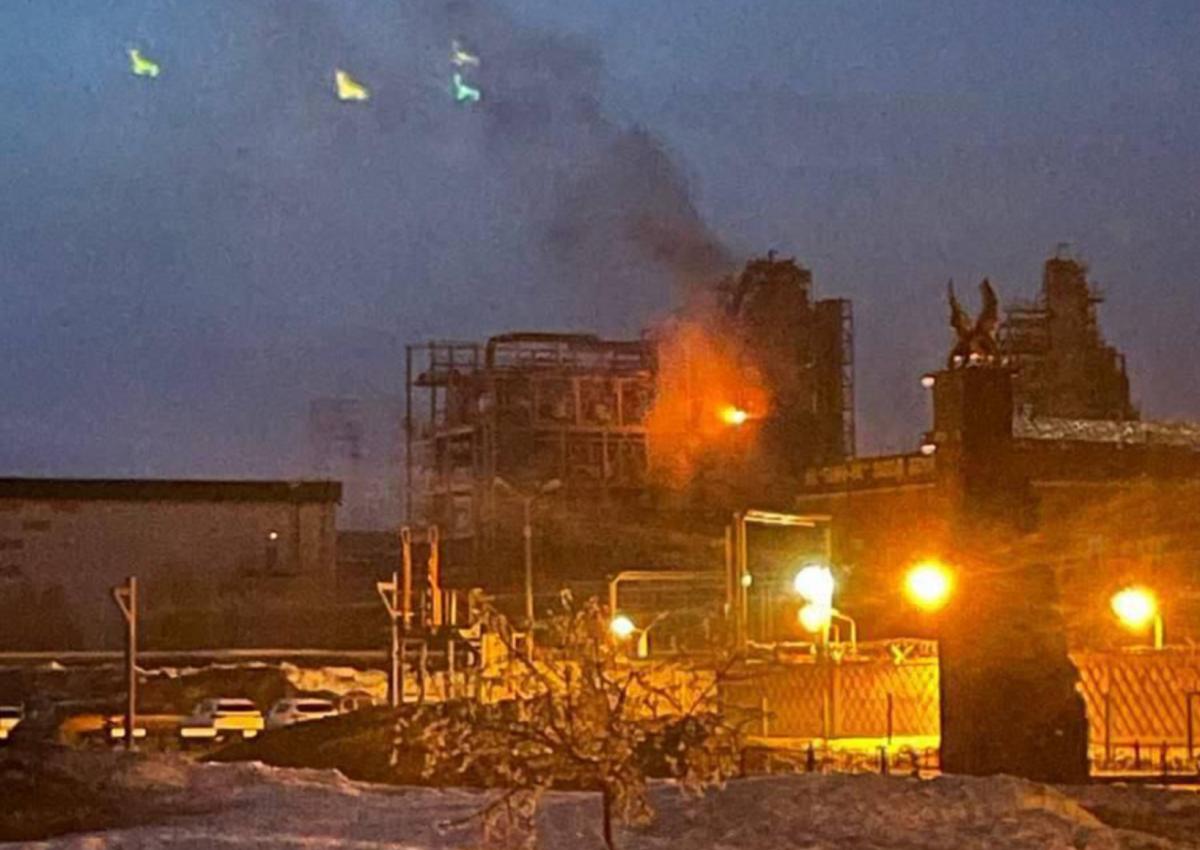Despite concerns from Washington, Ukraine's strategic strikes on Russian oil refineries are proving to be an effective method of curtailing Russian military capabilities without significantly impacting global energy markets.
Experts including Michael Liebreich from Bloomberg New Energy Finance, Lauri Myllyvirta from the Centre for Research on Energy and Clean Air, and Sam Winter-Levy from Princeton University, in an article for Foreign Affairs, argue that these attacks, which have reduced Russia's oil-refining capacity by approximately 14 percent, push Moscow to rely more on crude oil exports, potentially lowering global oil prices, not raising them.
Since October, Ukraine has conducted over 20 strikes on key Russian oil facilities, significantly disrupting operations and cutting off fuel supplies crucial for the Russian military while simultaneously decreasing the Kremlin's export revenues. Such actions align with the objectives set by Ukraine and its Western allies, aiming to degrade Russia's logistical and financial ability to sustain its military efforts.
Contrary to US apprehensions, as voiced by Vice President Kamala Harris and Secretary of Defense Lloyd Austin, these strikes are unlikely to cause a surge in global oil prices. In fact, with Russia's reduced capability to process oil domestically, it is forced to increase its crude exports, which could further depress global prices. Moreover, internal reports from Russia indicate significant increases in fuel prices within the country, suggesting that the strikes are indeed having a substantial impact on Russia's domestic market and military operations.
According to the experts, he distinction in Ukraine's strategy – targeting refineries instead of crude oil fields or pipelines – ensures that while Russia's ability to convert crude into usable products is hampered, the overall supply of oil remains unaffected. This approach helps avoid a wider impact on global energy markets while still imposing significant constraints on Russia's military operations.
In addition to their immediate tactical benefits, these strikes serve as a critical component of Ukraine's broader military strategy, the experts argue. By focusing on oil refineries, Ukraine not only limits Russia's military fuel supplies but also exerts pressure on Moscow's financial resources, complementing international sanctions and economic penalties imposed by the West.
Read also:
- Ukraine hits another oil depot in southwestern Russia (video)
- Drone attack hit oil refinery in Russia’s Ryazan, causing fire
- Russia’s Tuapse oil refinery restarts after Ukraine’s January attack — Reuters
- Stoltenberg: Kyiv justified in striking military targets outside Ukraine
- Russian governors report power outages after night drone attack





